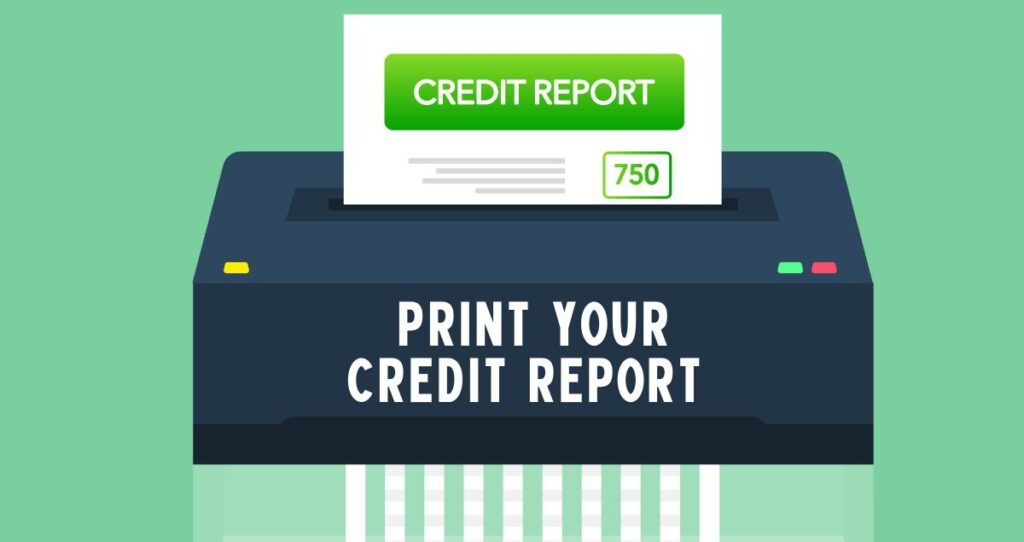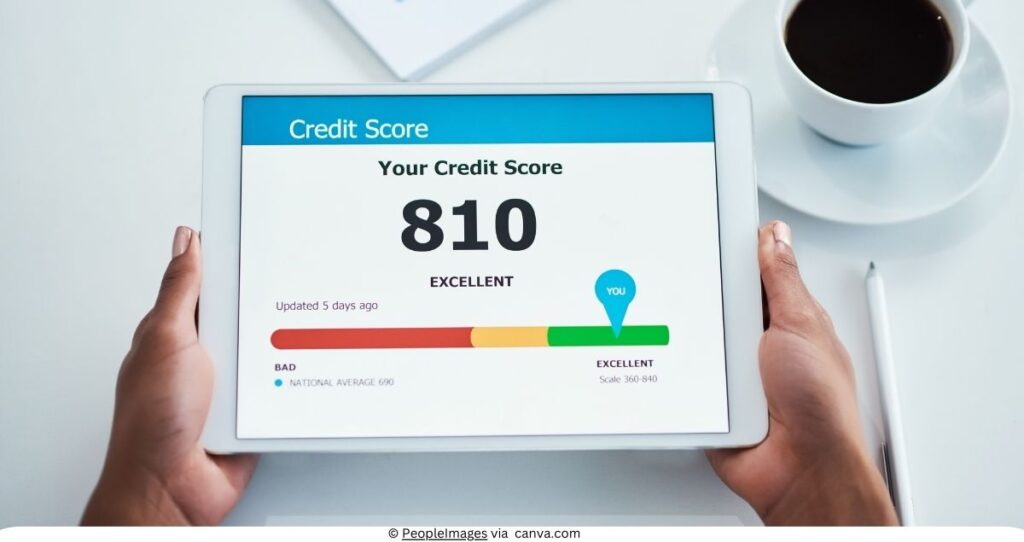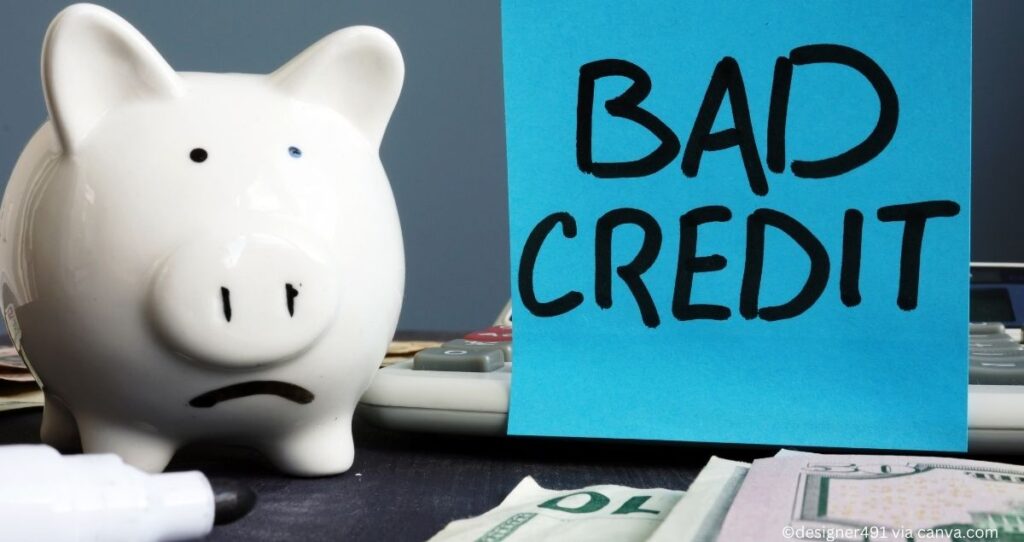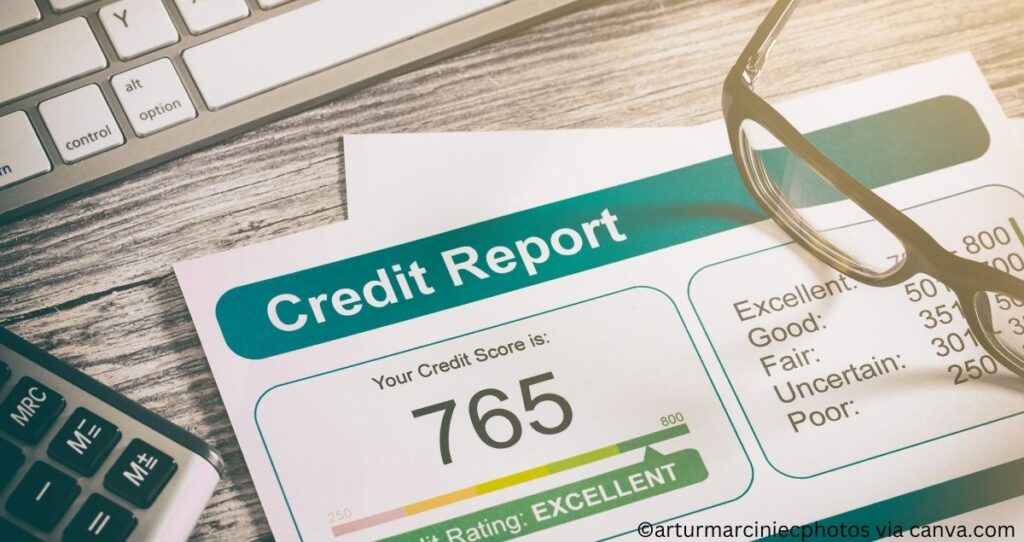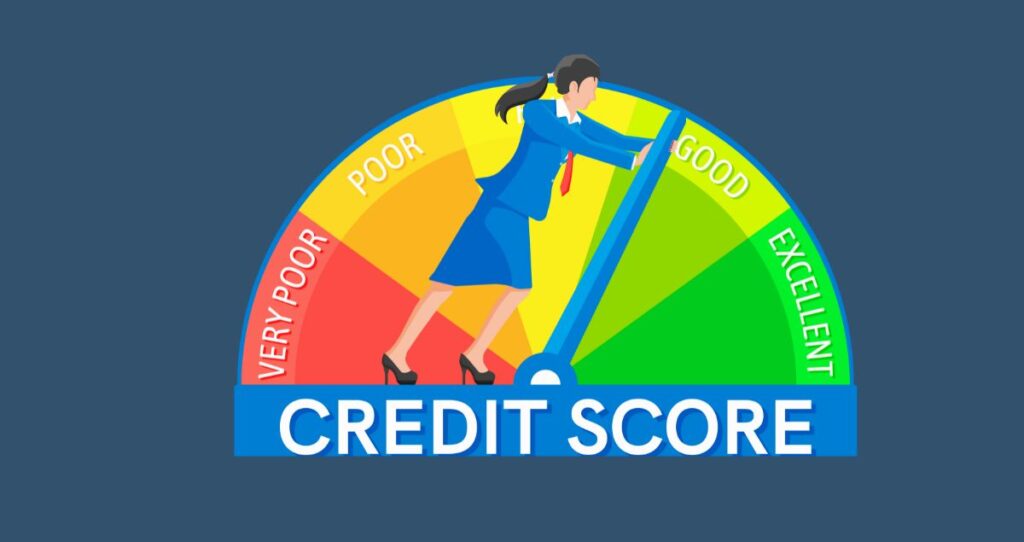A high credit score is better than a low one as it directly impacts your financial standing and future transactions. Lenders use your credit score to assess your creditworthiness which simply shows your financial discipline and ability to manage your debts effectively. An excellent credit score signifies that you pay your bills on time, don’t overspend your credit limit, and have a healthy mix of credit.
Having a high credit score is not just about having access to more money or better credit cards. It’s about having better opportunities and greater financial flexibility. An excellent credit score can help you save money, make life’s big purchases easier, and even boost your career prospects.
In this article, I will show you why having a high credit score is better than a low one and what to do to get an excellent score.
What is a high FICO score?
Most lenders can approve you for loans if your FICO score is at least 670. A 740 to 799 credit score guarantees access to most loans with a chance to qualify for lower interest rates and favorable terms. While these scores are good enough to qualify for loans, they are not high enough. So, what is a high credit score, and why does it matter?
A high credit score can also be defined as an excellent score which ranges between 800 to 850. This is the highest category of credit score ranges and being in this range sets you apart from other borrowers. A high credit score makes you a super prime borrower, meaning you can qualify for any loan, negotiate the lowest rates, and qualify for favorable terms.
Why is having a high credit score better than a low one?
We are living in an era where credit score determines the level of services you get and their qualify. If you are unaware of why you need to improve your credit score, here are the reasons why having a good credit score can improve your life and finances.
- Better borrowing options. A high credit score gives you bargaining power when taking out loans. Lenders see individuals with high credit scores as low-risk borrowers. As a result, they are more inclined to extend credit with attractive terms including lower interest rates, higher credit limits, and favorable repayment terms. This can make a huge difference in your monthly payments and the overall cost of the loan.
- A high credit score can impact your housing options. Landlords often check credit scores as part of the rental application process. With an excellent credit score, you increase your chances of getting approved and the potential to negotiate better rental terms.
- A high credit score can help you qualify for a job. While most jobs don’t require credit checks, there are specific jobs where you must have a good credit score to qualify. A high credit score will enhance your employment prospects if you are in a field where a credit check is needed especially for positions that require financial responsibility.
You might also like: Can you be denied a job because of bad credit?
What is a good range of credit scores?
Credit score ranges vary based on credit scoring models. However, credit scores from 670 to 739 are considered good while 740 to 799 scores are good, and 800+ are excellent credit scores. On lower ranges, credit scores between 580 and 669 are considered fair. Any score under 580 is poor. If you want to take out a loan, you must have a good credit score or better to qualify for lower interest rates and favorable terms.
What is the highest credit score you can have?
850 is the highest credit score you can have. Many people call the 850 score a perfect score and a small percentage of consumers ever achieve such a score. While having a perfect score is good for you, an 850 credit score might not be as important as you have imagined. For example, there is no big difference in loan approval rates, interest, and loan terms among people in the 800 to 850 credit score range.
According to the data from myFICO, only 1.7% of consumers had a credit score of 850 in April 2023. As you can see, only a small percentage of people have a perfect score. Consumers with high credit scores generally have established credit histories with no late payments or similar negative items on their credit reports.
How to get a high credit score?
It is critical to mention that a high credit score is a reflection of highly disciplined credit usage over a long time. Consumers with excellent credit scores usually have an established credit history with many years of credit usage. Additionally, they don’t have negative items on their credit reports such as late payments, foreclosure, or bankruptcies.
To get a high credit score(800+), focus on factors that affect credit score. This is because improving these factors automatically increases your credit score over time.
Here are 4 tips to get an excellent credit score.
1. Pay your bills on time
Your payment history is the biggest factor in your credit score calculation with 35% of your overall score. To get an 800+ credit score, you must avoid late payments and similar items such as charge-offs, foreclosure, bankruptcies, collections, etc. These factors can drop your credit score more than 100 points.
2. The amount you owe matters
How much debt you carry on installment loans and credit utilization on revolving credit directly affects your credit score. A report from myFICO shows that people with 850 credit scores had on average $13,000 in debt while their revolving credit balance was only 4.1%. To get a high credit score, lower the amount you owe on your accounts to keep your credit utilization low and improve your DTI ratio.
3. Avoid hard inquiries
While hard inquiries knock off a few points from your credit score, having too many inquiries can slow your progress to an 800+ credit score. To get an excellent credit score, you must avoid excessive borrowing.
4. Time makes the difference in getting a high credit score
Most people with excellent credit scores usually have a credit age of over 10 years. While you don’t have to wait that long to have an excellent score, it is much easier to build credit through time. If you are getting started with credit, you won’t have a high credit score in a few months as the age of your credit will still weigh down your credit score.
Read more: 10 easy tips to improve your credit score fast
How long does it take to get an excellent credit score?
Building credit takes a long time and sometimes as long as 10 years. This is because the age of your credit is the third factor affecting your credit score(15%) after your payment history(35%) and credit utilization(30%). The longer you use credit, the higher your credit score gets.
If you just opened your first credit account, you don’t have a credit history, your credit score is low, and it will take many years to raise your credit score to 800. But, if you pay your bills on time, keep the amount you owe minimal, and avoid excessive borrowing, your credit score will gradually improve.
More credit score tips
What is a soft inquiry on a credit report and how to remove it?

